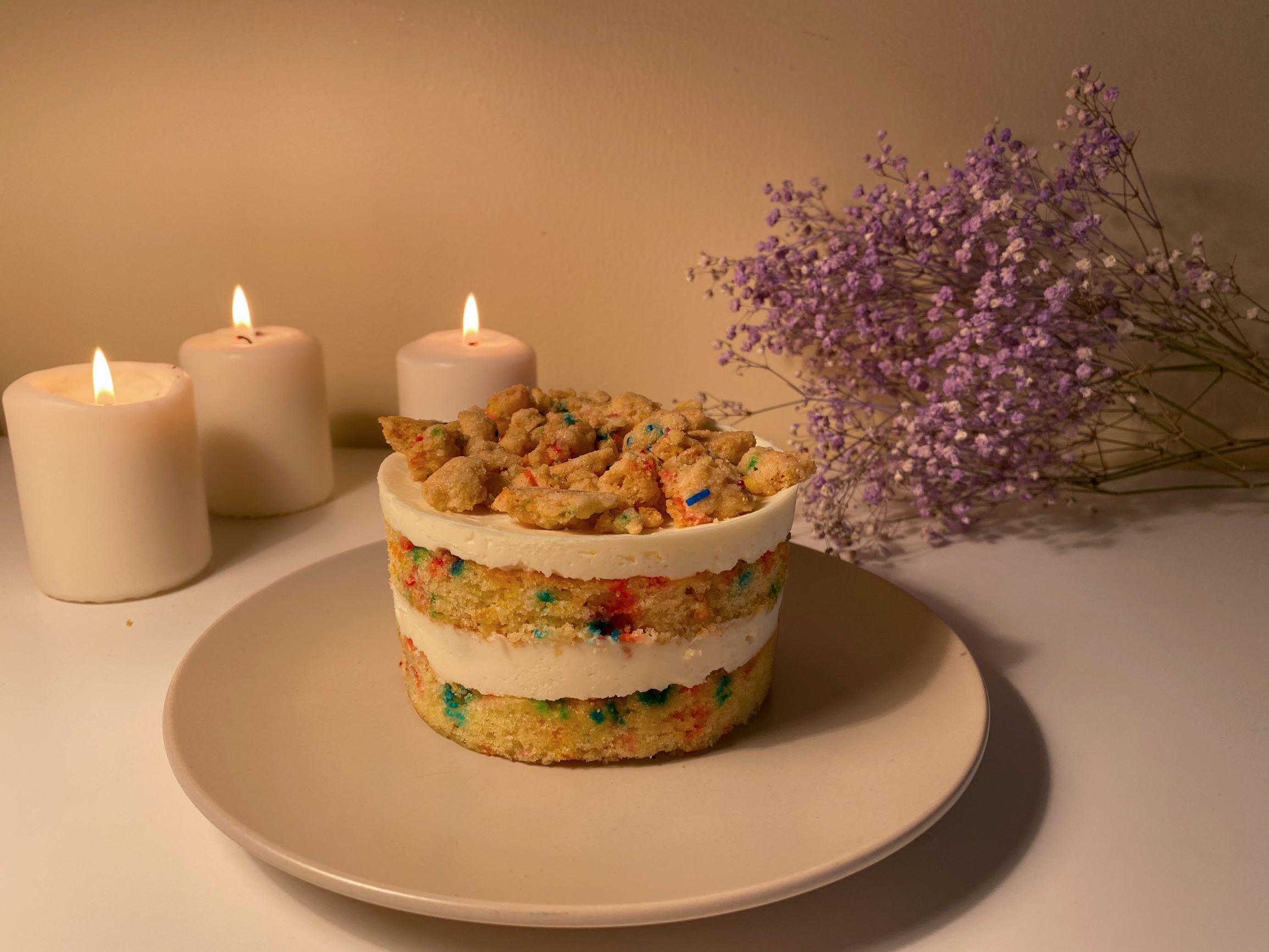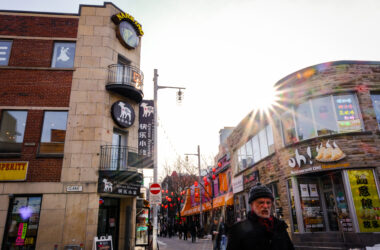Just over a year ago, Livia Café was a vibrant, bustling, and health-driven coffee and matcha bar. Their Peel St. location had become a go-to spot for matcha-lovers and an indispensable part of the Montreal food scene, welcoming both office-workers on lunch break and students looking for a place to study.
In March 2020, however, Livia Café was forced to close temporarily as the government implemented stay-at-home orders across the province. The industry froze as restaurant groups, chains, and smaller independent businesses were no longer allowed to host their customers in-house, and the consequences were dire: 10 per cent of Montreal restaurants have permanently closed since the pandemic began, with around half at risk of shutting down for good.
The new restrictions forced restaurants with the means to stay operational to adapt. Among them is the Instagram-worthy bakery Livia Sweets, Livia Café’s sister company. Their business model: A ghost kitchen and e-commerce.
Ghost kitchens are delivery-only restaurants: Before COVID-19, the model offered attractive economic benefits for business owners, reducing costs by limiting the need to hire service staff and provide a physical space for customers. During the pandemic, however, ghost kitchens have become the norm.
Frustrated with the limited pastry options on delivery services, Livia Sweets owner David Dayan saw a place for bakeries on the e-commerce market. Knowing they could eliminate substantial costs by operating out of one of its parent group’s other restaurants, Ryu, the project was brought to life.
Established in April 2020, Livia Sweets is unlike Livia Café in a key way. While the café is driven by health-consciousness, the bakery embraces decadence with a vast array of desserts that can help bring a little more joy to birthdays, anniversaries, and other milestone celebrations dampened by the pandemic.
“The bakery was launched with the intention of flipping the culture from the Livia Café,” Victoria Alexander, the marketing manager for Dayan’s restaurant group, said. “Despite the pandemic, people still deserve the fun.”
Livia Sweets aims to prioritize its customers’ interests and demands. Sporting the same logo as the café, Livia Sweets’ brand pays homage to neighbouring Montreal cafés, restaurants, and pastry shops. Their selection of lively, colourful cakes on its website is reminiscent of Christina Tosi’s Milk Bar. The bakery has also worked hard to eliminate food waste.
Third-party delivery services such as UberEats or Doordash offer a client-friendly platform, but charge businesses a substantial 25 to 30 percent fee from every order. As a result, some large chains have launched their own delivery services, and other restaurants have turned their waiters into drivers or ultimately decided not to offer delivery at all.
“Our biggest challenge was to find a logistical way to become profitable,” Alexander said.
Their hybrid e-commerce model, including third-party applications and an in-house delivery platform, proved to be the best solution. Customers can order from the bakery’s rotating menu through Uber Eats and DoorDash for delivery, or directly from their website for orders to be picked up between 10 a.m. and 5 p.m. Monday through Friday.
By offering a selection of menu items on delivery applications, the online pastry shop hopes to relieve the cravings of its clientele five days a week. Simultaneously, their one-day-a-week, in-house delivery model provides the bakery with the flexibility to optimize the week’s baking schedule by planning deliveries in batches.
“We have been encouraged by the success of Livia Sweets, and we have begun exploring additional e-commerce opportunities, such as the delivery of at-home matcha kits from the Livia Cafe,” Alexander said.
Livia Sweets’ success using the ghost kitchen model exemplifies the resourcefulness that food-service businesses have used to survive during the pandemic, and might also foreshadow a long-term shift in the way restaurants operate. In the future, students can expect to see more ghost kitchens on their delivery apps, as the model has proven itself to be a flexible and economical alternative to in-house dining during these uncertain times.








